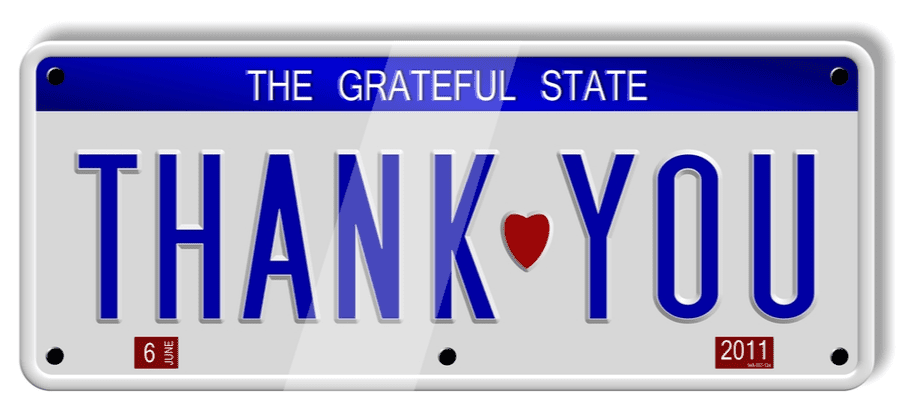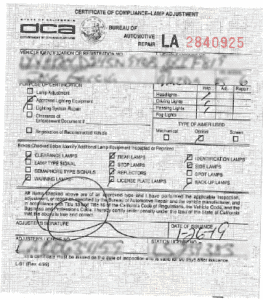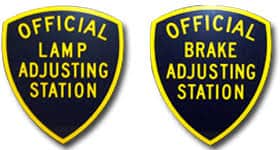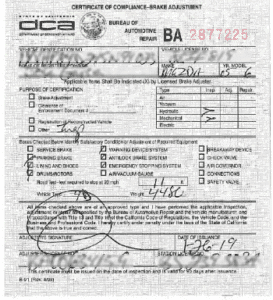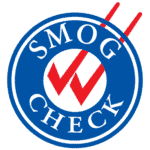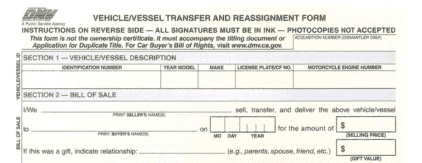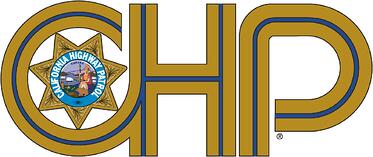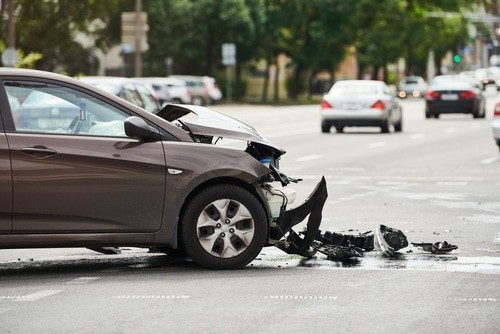
Welcome to Quick Auto Tags, your trusted partner for streamlining the registration of salvage vehicles in California. If you’ve recently acquired a salvaged or junked vehicle and need assistance with the registration process, look no further. We are a licensed tag and title agency authorized by the California DMV, specializing in re-titling salvaged and junked vehicles. Our experts will guide you through the process efficiently, ensuring your vehicle meets all legal requirements. Let us help you get your salvage vehicle back on the road with ease.
